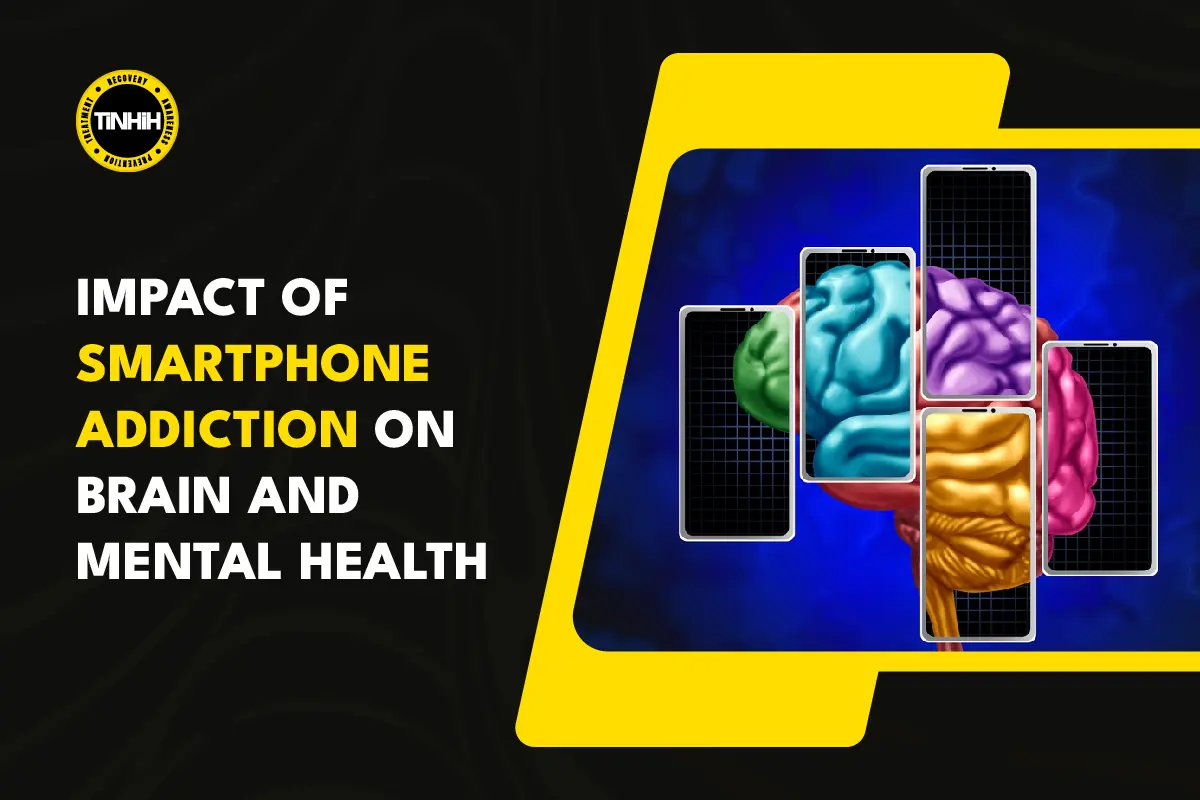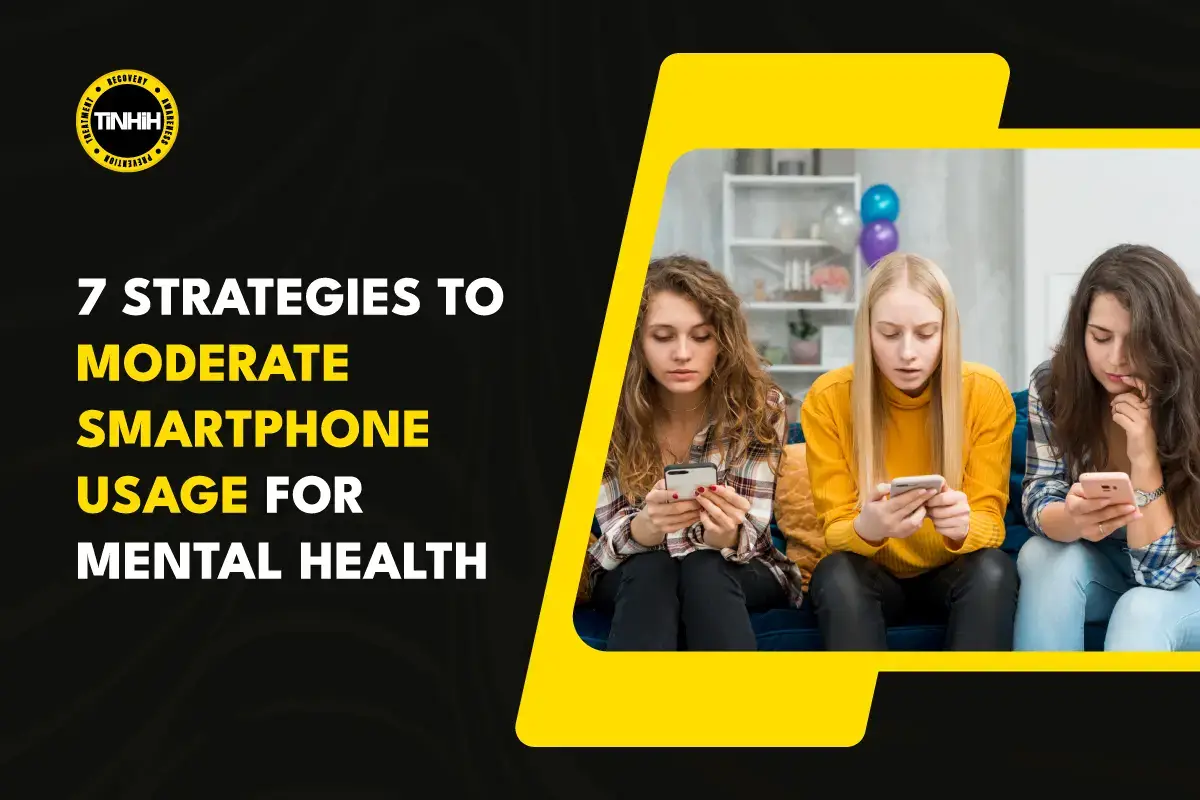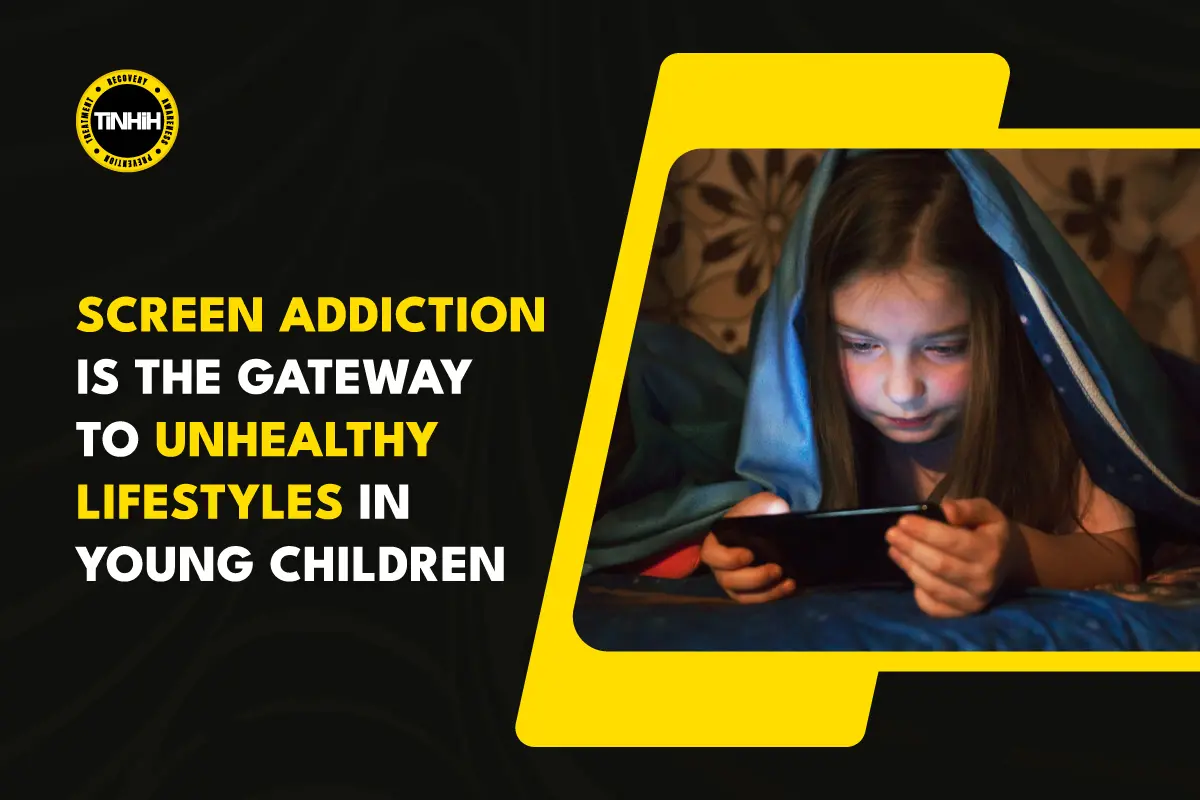
Balancing Mental Health in the Era of Technology: 7 Methods to Control Smartphone Usage

In today’s digital age, our smartphones have become indispensable tools, seamlessly integrated into every aspect of our lives. While these devices offer unparalleled convenience and connectivity, they also present significant challenges to our mental well-being.
Excessive smartphone use has been linked to a host of mental health issues, including anxiety, depression, and sleep disturbances. Fortunately, there are steps we can take to regain control over our smartphone habits and safeguard our mental health.
In this article, we’ll explore seven strategies to help you manage your smartphone use and prioritize your mental well-being.
1. Set Boundaries
The first step in regaining control over your smartphone use is to establish clear boundaries. Set designated times during the day when you will use your phone, and stick to them. Consider implementing technology-free zones in your home, such as the bedroom or dinner table, where smartphones are off-limits. By creating these boundaries, you can reduce the temptation to constantly check your phone and create space for meaningful offline interactions.
2. Practice Mindfulness
Mindfulness techniques can be powerful tools for managing smartphone use and promoting mental well-being. Take regular breaks throughout the day to check in with yourself and observe your thoughts and feelings. When you feel the urge to reach for your phone out of habit, pause and take a few deep breaths instead. By cultivating mindfulness, you can develop a greater awareness of your smartphone habits and make more intentional choices about when and how you use your device.
3. Prioritize Human Connection
In an increasingly digital world, it’s easy to prioritize virtual connections over real-life relationships. However, research shows that strong social connections are essential for our mental health and well-being. Make an effort to prioritize face-to-face interactions with friends and family members, rather than relying solely on digital communication. Plan activities that encourage social engagement, such as going for a walk or attending a group fitness class. Nurturing these real-life connections can help to reduce feelings of loneliness and isolation caused by excessive smartphone use.
4. Limit Notifications
The constant stream of notifications from our smartphones can be distracting and overwhelming, contributing to feelings of anxiety and stress. Take control of your notification settings and limit the number of alerts you receive. Consider disabling notifications for non-essential apps and setting specific times during the day to check for updates. By reducing the frequency of notifications, you can create a calmer, more focused digital environment.
5. Engage in Offline Activities
One of the most effective ways to reduce smartphone use is to find alternative activities to engage in offline. Explore new hobbies and interests that capture your attention and bring you joy. Whether it’s reading a book, gardening in the backyard, or practicing yoga, finding activities that nourish your mind and body can help distract you from screen time and reconnect you with the present moment.
6. Utilize Digital Well-being Tools
Many smartphones now come equipped with digital well-being tools that can help you monitor and manage your screen time. Take advantage of these features to set usage goals, track your screen time, and identify patterns of overuse. Use this information to make informed decisions about when and how you use your device, empowering you to take control of your digital habits.
7. Seek Professional Support
If you find yourself struggling to control your smartphone use or experiencing significant distress as a result, don’t hesitate to seek professional support. Therapists and counselors can provide individualized strategies and support to help you manage your digital habits and prioritize your mental well-being. Remember, you don’t have to navigate these challenges alone.
Conclusion
While smartphones offer incredible capabilities and convenience, it’s important to prioritize our mental well-being in the digital age. By implementing these seven strategies, you can regain control over your smartphone use and cultivate a healthier, more balanced relationship with technology. Remember, your mental health matters.





